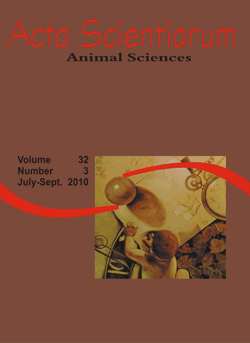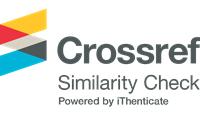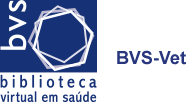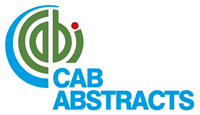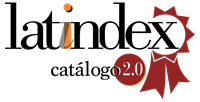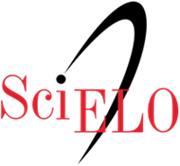<b>Natural products in the defensive behaviour of <em>Apis mellifera </em>L.</b> - doi: 10.4025/actascianimsci.v32i3.8486
Keywords:
Beekeeping, defensiveness, management
Abstract
The goal was to investigate the influence of natural products such as lemongrass (Cymbopogon citratus), dried avocado leaves (Persea americana), coffee husk (Coffea arabica) and castor bean (Ricinus communis) in the defense of Apis mellifera, as well the effect of these products on the population development of the beehive. Defensive behavior was evaluated by time of first sting (TFS) and number of stingers (NS), and population development, by open brood area and operculated brood. It was observed that the treatment with smoke + seven castor beans presented significant increase in the TFS, for treatment without and with smoke. Regarding NS, it was verified that the treatments with smoke + seven castor bean and smoke + 20% coffee husk were different from the treatment without and with smoke. The other treatments did not differ significantly with respect to the use of smoke or its absence. The application of coffee husk and castor bean did not interfere in the development of the population, suggesting that these compounds were not toxic. It can be concluded that the use of castor bean and coffee husk in smoke may represent an important tool for the reduction of defensiveness, without promoting toxicity for A. mellifera.Downloads
Download data is not yet available.
Published
2010-09-02
How to Cite
Lomele, R. L., Evangelista, A., Ito, M. M., Ito, Érica H., Gomes, S. M. A., & Orsi, R. O. (2010). <b>Natural products in the defensive behaviour of <em>Apis mellifera </em>L.</b> - doi: 10.4025/actascianimsci.v32i3.8486. Acta Scientiarum. Animal Sciences, 32(3), 285-291. https://doi.org/10.4025/actascianimsci.v32i3.8486
Issue
Section
Animal Production
DECLARATION OF ORIGINALITY AND COPYRIGHTS
- I Declare that current article is original and has not been submitted for publication, in part or in whole, to any other national or international journal.
The copyrights belong exclusively to the authors. Published content is licensed under Creative Commons Attribution 4.0 (CC BY 4.0) guidelines, which allows sharing (copy and distribution of the material in any medium or format) and adaptation (remix, transform, and build upon the material) for any purpose, even commercially, under the terms of attribution.
Read this link for further information on how to use CC BY 4.0 properly.
0.9
2019CiteScore
29th percentile
Powered by 




